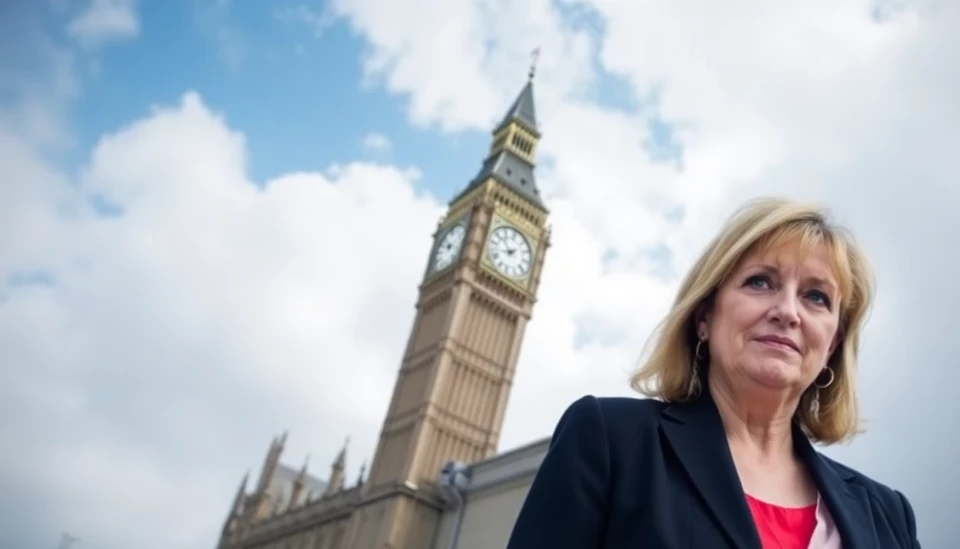
The United Kingdom has raised significant concerns regarding the stringent regulatory measures imposed on Wall Street in the aftermath of the 2008 financial crisis. The British government argues that these regulations have become overly excessive, inhibiting the financial industry’s ability to function effectively and stifling innovation within the markets.
According to officials in the UK, the regulatory framework established post-crisis was initially justified as a necessary measure to protect the global financial system from another collapse. However, as time has progressed, the British authorities feel that these rules have evolved into an excessive weight on financial institutions, diminishing their competitiveness on a global scale.
Chancellor of the Exchequer, Jeremy Hunt, expressed that the intention was never to create a regulatory landscape that hinders growth or entrepreneurial spirit. He emphasized the need for a balanced approach to regulation that ensures stability without choking the very entities that drive economic growth. Hunt highlighted the importance of reassessing and streamlining regulations that may have outlived their usefulness.
The UK position comes amid broader discussions surrounding financial regulations around the world, as various nations consider revisiting their own frameworks in light of evolving market conditions. In particular, the UK is concerned about the potential impact on its financial services sector, which plays a crucial role in the nation's economy.
UK regulators are currently reviewing measures imposed by the Dodd-Frank Act in the U.S., which set rigorous requirements for financial institutions operating in the wake of the crisis. The British government is advocating for a customizable regulatory approach that allows for sector-specific adaptations rather than a one-size-fits-all system that disregards the unique characteristics of different markets.
This call for the reevaluation of regulatory practices has garnered support among major banking and finance associations in the UK, who argue that the current regulatory regime is stifling competition and innovation. The business sector has underscored the necessity of creating a more agile regulatory environment that can quickly adapt to changing market demands and challenges.
Critics of the UK's stance, however, remind officials of the lessons learned from past financial disasters. They caution that any rollback of regulations could open pathways to increased risk-taking behaviors among financial institutions, potentially leading the industry towards another crisis. This sentiment echoes across various financial regulatory bodies, advocating for careful consideration before implementing significant changes.
As the discourse continues, the British government aims to strike a delicate balance—one that bolsters the financial sector while ensuring adequate safeguards are in place to prevent excessive risk. The conversation around regulatory frameworks remains a critical topic not only in the UK but across global financial markets as institutions navigate the complex landscape established after the 2008 crisis.
Moving forward, it will be vital for policymakers to engage in dialogue with financial institutions, regulators, and industry stakeholders to create an environment that fosters sustainable growth while maintaining the integrity of the financial system.
In conclusion, the UK's argument highlights the ongoing challenge of crafting a regulatory environment that is responsive to the realities of a dynamic financial landscape. As stakeholders weigh the potential trade-offs associated with any regulatory adjustments, the conversation surrounding the future of Wall Street regulations is certain to unfold further in the months to come.
#UKRegulation #WallStreet #PostCrisis #FinancialServices #Innovation #Economy #DoddFrank #BankingSector
Author: Samuel Brooks




